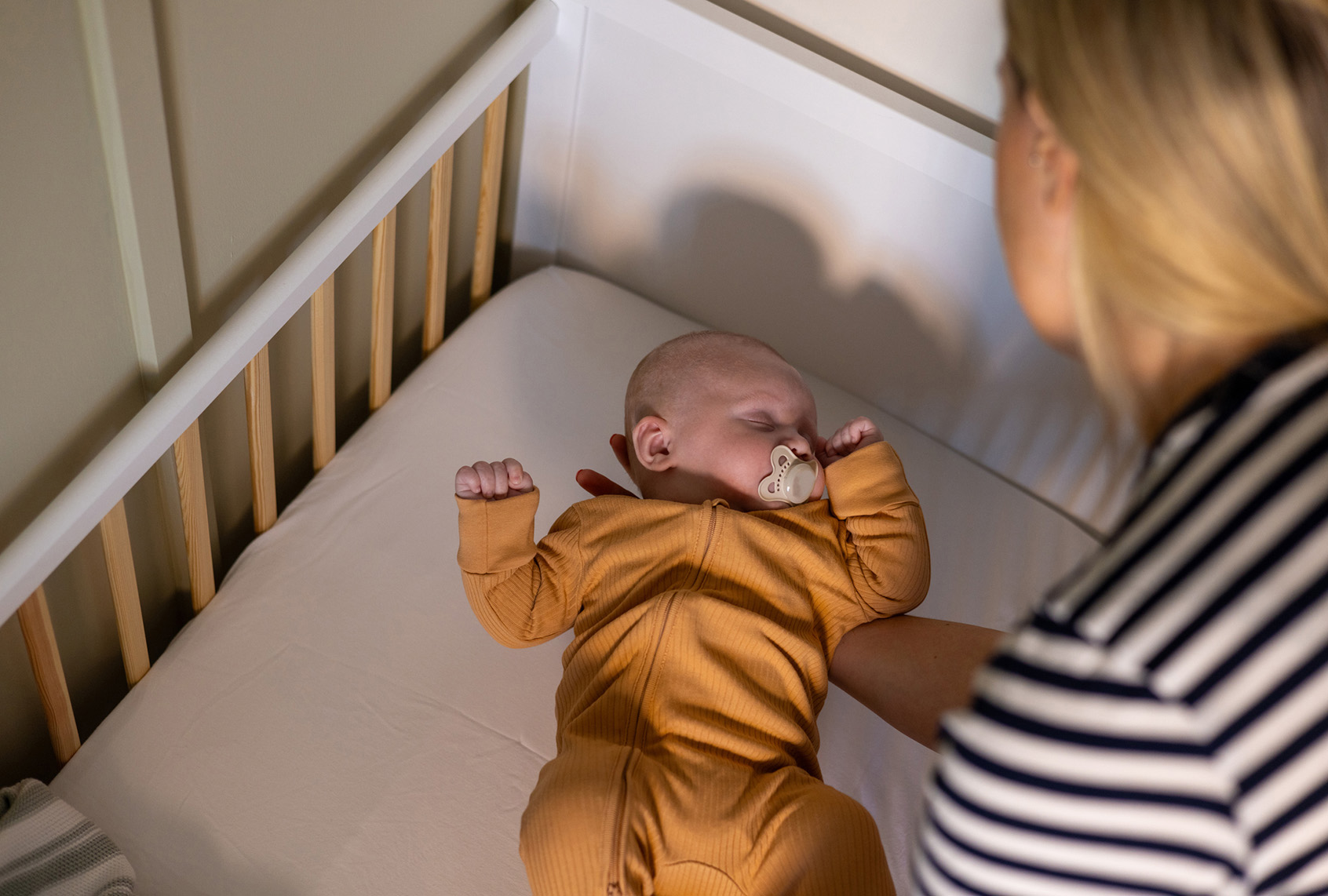Developer Offer
Try ImaginePro API with 50 Free Credits
Build and ship AI-powered visuals with Midjourney, Flux, and more — free credits refresh every month.
Parents Turn To AI For Newborn Sleep Advice

After my daughter was born in 2022, I became deeply acquainted with the booming online industry of baby sleep training. This profitable and unregulated market of influencers and consultants has become a staple for Millennial and Gen Z parents. From expensive courses to personal coaches charging thousands, this world is a significant part of modern parenting. It’s nearly impossible to have a baby today without hearing about popular figures like Cara Dumaplin of Taking Cara Babies.
However, with the rise of OpenAI’s ChatGPT in 2023, a new resource has emerged. Like many other parents, I found myself turning to ChatGPT for pediatric sleep advice. It began after I discovered a Reddit thread on the topic, and in a state of pure exhaustion, my curiosity was piqued. I’ve since used it for everything from creating nap schedules to having a sounding board during wide-awake 2 a.m. sessions.
An AI-Powered Sleep Solution
I am not the only one. When Christian Zeron's 18-month-old endured a "merciless sleep regression," he also turned to ChatGPT. The New Jersey-based father input specific details about his daughter's sleep patterns and received a gradual sleep plan. Within two weeks of implementation, his daughter was sleeping for 11 consecutive hours each night.
"ChatGPT transformed my family’s sleep schedule by offering immediate, custom advice in those desperate 3 o’clock moments when mainstream resources weren’t at hand," Zeron explained. "Unlike infomercial sleep books or costly consultants at $300+ per consultation, ChatGPT provides live troubleshooting at half the cost, at only $20 monthly."
The Digital Evolution of Sleep Training
Baby sleep is hardly a new problem. Decades ago, Dr. Richard Ferber’s 1985 book, "Solve Your Child’s Sleep Problems," introduced a method of letting babies cry for specific intervals. The debate over the Ferber method and other "cry it out" techniques continues today, but the conversation now happens almost entirely online.
Many sleep consultants build their brands on specific methods, some promising a gentler approach while others adapt Ferber's strategy. However, the industry lacks an authoritative board for certification, meaning anyone can claim to be an expert. A scam can be just a click away. At the same time, ChatGPT is known for its potential to provide inaccurate information, or "hallucinate."
Will AI Replace Human Sleep Coaches?
Much of the discourse around artificial intelligence focuses on job displacement, with some experts warning that AI could wipe out many entry-level white-collar jobs. Could the baby sleep coach industry be next?
Brittany Sheehan, a Los Angeles-based sleep consultant, says she hasn't seen an impact on her business yet. She believes that while AI might replace downloadable e-books and courses, it can't replicate the one-on-one connection that is central to her work. Many consultants compare their role to that of a personal trainer—the value lies not just in the information but in the personalized guidance and support.
"If people want to go that route of ‘I just want downloadable information,’ they may no longer feel like they need to pay for it," Sheehan said, emphasizing that AI cannot replace having someone to "hold your hand" through the process.
Beyond Sleep: AI as a Modern Co-Parent
The use of AI in parenting isn't limited to sleep. Some parenting influencers are openly using ChatGPT as a co-parent. One mother in Switzerland claimed, "ChatGPT handles 97% of my mental load."
Jessica Siegel, a 37-year-old mom, uses ChatGPT frequently for sleep advice and other parenting challenges. She has used it to learn about different strategies and to help her "come up with scripts" for what to say to her child during difficult moments. Another parent, Diana Babaeva, uses it as a "sounding board" to facilitate teamwork with her partner. "It can turn those super stressful moments into real teamwork," she noted.
Expert Warnings on AI-Generated Health Advice
Despite its convenience, there are reasons to be cautious. A study in the Journal of Pediatric Psychology highlighted the "critical need" for expert oversight of ChatGPT for pediatric health information. Furthermore, research from the University of Kansas' Life Span Institute found that parents rated AI-generated text as more credible and trustworthy than content from human experts, even when the AI provided inaccurate information.
"We’re concerned that people may increasingly rely on AI for health advice without proper expert oversight," stated lead author Calissa Leslie-Miller.
The Ethics of AI in Parental Support
Sheehan raised another concern: sleep consultants themselves using AI without disclosure. "If someone is paying for your personal feedback, that’s what you should be getting," she said. "And if I was a parent looking for a sleep consultant, I would ask that question: do you use AI?" Undisclosed use would be "unethical," she added, as parents could unknowingly pay a premium for AI-generated content.
Ultimately, as parents navigate the overwhelming sea of information available, ChatGPT offers a direct and convenient, though potentially flawed, solution. "There’s just so much information out there now," Sheehan concluded. "The feedback I get from parents when they come to me is they’re just really overwhelmed."
Compare Plans & Pricing
Find the plan that matches your workload and unlock full access to ImaginePro.
| Plan | Price | Highlights |
|---|---|---|
| Standard | $8 / month |
|
| Premium | $20 / month |
|
Need custom terms? Talk to us to tailor credits, rate limits, or deployment options.
View All Pricing Details

